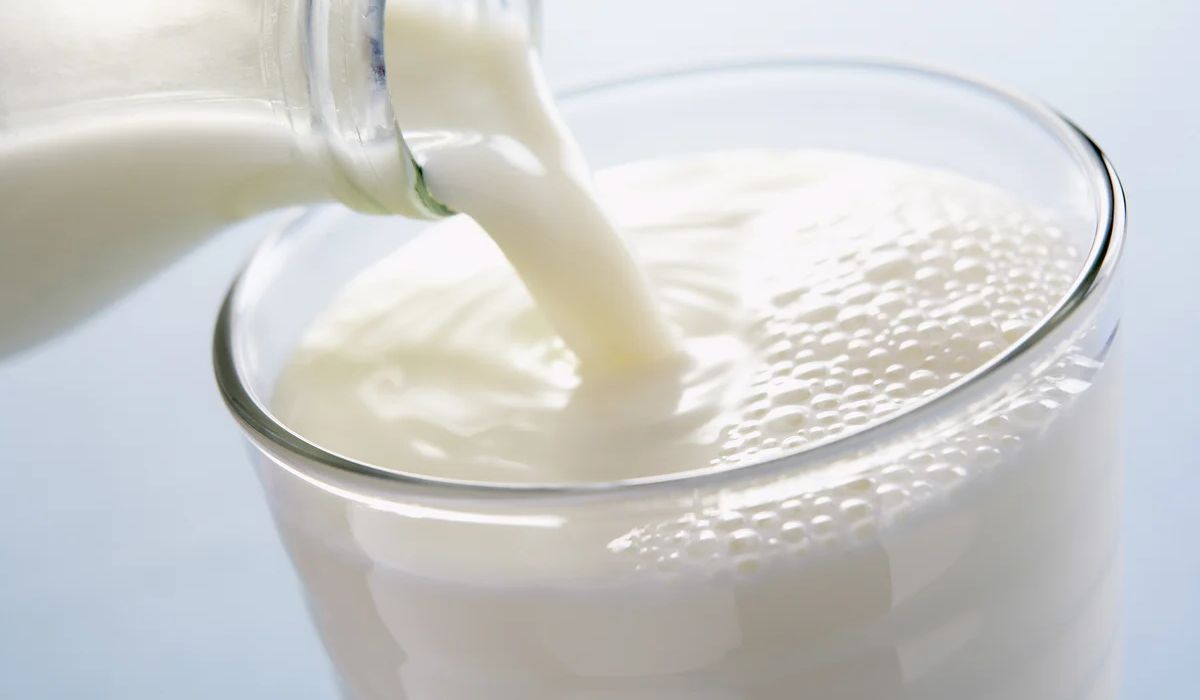
Ever wondered if that glass of milk on your breakfast table is as wholesome as your grandma insists? Milk, a staple in many diets worldwide, comes packed with nutrients essential for our body. But what's the real scoop on milk's nutritional profile? From its bone-strengthening reputation to debates about its digestibility, milk's place in our diet has been both celebrated and scrutinized. In this engaging read, we'll pour over the 12 must-know nutrition facts about milk, debunking myths and highlighting benefits that might just surprise you. So, grab a cookie (because why not?), and let's milk this topic for all it's worth!
Key Takeaways:
- Milk is a powerhouse of nutrients like protein, calcium, and vitamin D, which are crucial for strong bones, muscle growth, and overall health. It's a versatile drink for everyone's dietary needs.
- For those who can't tolerate lactose, there are plenty of tasty plant-based milk alternatives like almond, soy, and oat milk. Just remember, moderation is key for a balanced and healthy diet.
What Is Milk?
Milk, a nutrient-rich liquid food produced by the mammary glands of mammals, has been a staple in human diets for thousands of years. It's packed with essential nutrients needed for growth, development, and maintaining overall health. From dairy cows to plant-based alternatives, the variety of milk available today caters to diverse dietary preferences and needs.
Nutritional Profile of Milk
-
Milk is a great source of high-quality protein, essential for muscle repair and growth. Each cup contains about 8 grams of protein, making it a beneficial component of a balanced diet.
-
Rich in calcium, milk supports bone health. A single cup provides about 300 mg of calcium, which is about 30% of the recommended daily intake for most adults.
-
Vitamin D is another key nutrient found in fortified milk, aiding in calcium absorption and bone health. This makes milk an important dietary component, especially in regions with limited sunlight.
-
Milk contains potassium, which helps maintain healthy blood pressure levels. With around 350 mg per cup, it contributes to the necessary daily intake of this vital mineral.
Health Benefits of Drinking Milk
-
Supports bone health: Thanks to its rich content of calcium and vitamin D, milk is instrumental in building and maintaining strong bones, reducing the risk of osteoporosis.
-
Muscle growth and repair: The high-quality protein in milk aids in muscle repair and growth, making it a favorite among athletes and fitness enthusiasts.
-
Hydration: Milk has a high water content, making it an excellent choice for staying hydrated, especially for children and athletes.
Lactose Intolerance and Milk Alternatives
-
Lactose intolerance affects a significant portion of the world's population, leading to the need for lactose-free milk options. These products allow individuals to enjoy the benefits of milk without the discomfort.
-
Plant-based milk alternatives, such as almond, soy, and oat milk, have gained popularity. They cater to those with lactose intolerance, allergies, or dietary preferences, offering varied nutritional benefits.
The Role of Milk in a Balanced Diet
-
Moderation is key: While milk is nutritious, consuming it in moderation is essential. Overconsumption can lead to excessive intake of saturated fats and calories.
-
Part of a diverse diet: Milk can be a part of a healthy, balanced diet when combined with other nutrient-rich foods like fruits, vegetables, whole grains, and lean proteins.
-
Consultation with healthcare providers is advisable for those with specific health conditions or dietary needs to determine the right amount and type of milk to consume.
A Glass Full of Takeaways
Milk's more than just a creamy drink. It's packed with nutrients essential for our health, like calcium, vitamin D, and proteins. Whether you're a fan of dairy or prefer plant-based alternatives, understanding milk's nutritional profile can help you make informed choices about your diet. Remember, balance is key. Too much of anything, even something as nutritious as milk, can tip the scales the wrong way. Consider your dietary needs, allergies, and preferences when picking your pint. And hey, if you're ever in doubt about how to incorporate milk into your diet in a way that's best for you, chatting with a nutritionist could clear up the confusion. Milk's got a lot to offer, so here's to making the most of it, one sip at a time.
Frequently Asked Questions
Was this page helpful?
Our commitment to delivering trustworthy and engaging content is at the heart of what we do. Each fact on our site is contributed by real users like you, bringing a wealth of diverse insights and information. To ensure the highest standards of accuracy and reliability, our dedicated editors meticulously review each submission. This process guarantees that the facts we share are not only fascinating but also credible. Trust in our commitment to quality and authenticity as you explore and learn with us.


